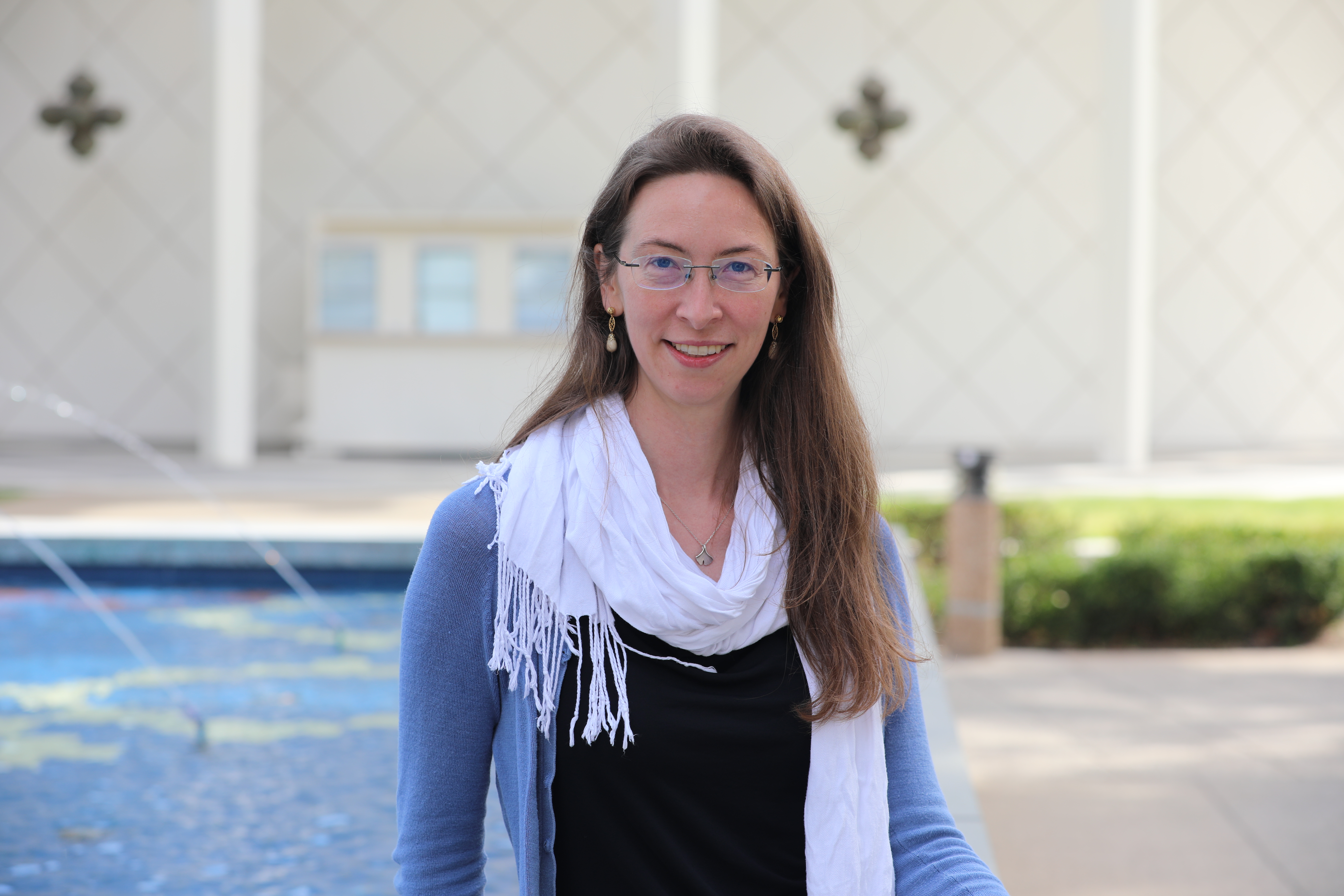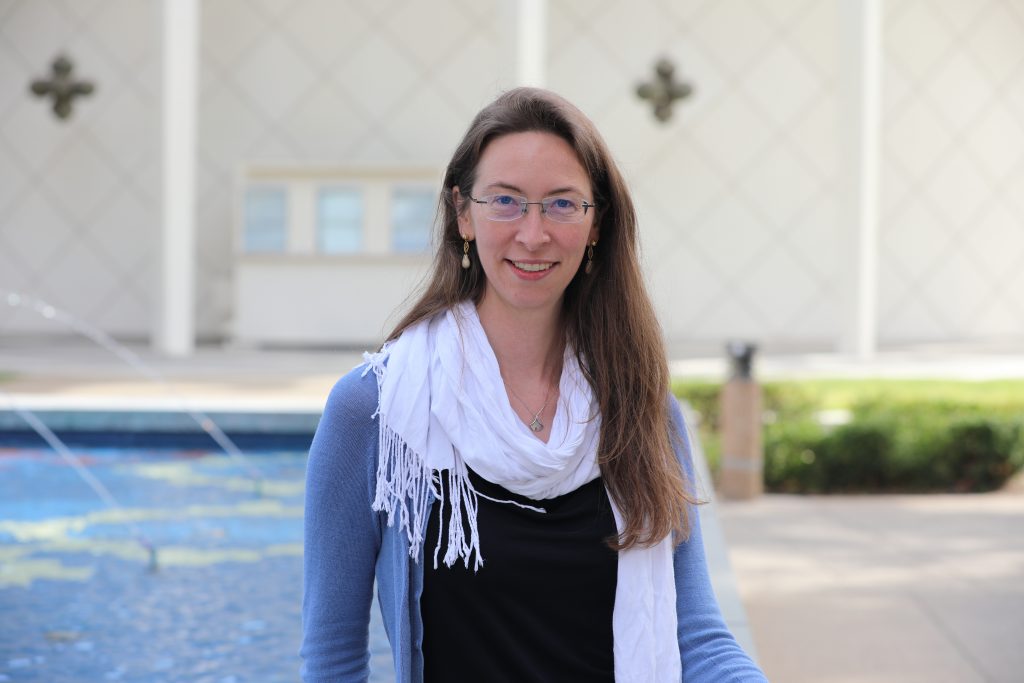

Prof. Franca Hoffmann’s research interests lie at the interface of model-driven and data-driven approaches. She works on the development and application of mathematical tools for partial differential equation (PDE) analysis and data analysis. Broadly, Franca’s interests in the area of partial differential equations revolve around non-linear drift-diffusion equations, kinetic theory, many particle systems and their mean-field limits, gradient flows, entropy methods, optimal transport, functional inequalities, parabolic and hyperbolic scaling techniques and hypocoercivity. In the area of data analysis, Franca is working on graph-based learning, and
the development and analysis of optimization and sampling algorithms. The use of graph Laplacians in graph-based learning allows for a rigorous mathematical analysis of unsupervised and semi-supervised learning algorithms, and their continuum counterparts can be studied using tools from PDE theory. Optimization and sampling are at the heart of parameter estimation and uncertainty quantification in Bayesian inference, and are used in many modern machine learning approaches. Franca works at the intersection of these fields, not only exploring what mathematical analysis can do for applications, but also what applications can do for mathematics.
Franca obtained her master’s in mathematics from Imperial College London (UK) and holds a PhD from the Cambridge Centre for Analysis at University of Cambridge (UK). She held the position of von Kármán instructor at Caltech from 2017 to 2020, then joined University of Bonn (Germany) as Junior Professor and Quantum Leap Africa in Kigali, Rwanda (African Institute for Mathematical Sciences) as AIMS-Carnegie Research Chair in Data Science, before arriving at the California Institute of Technology as Assistant Professor in 2022. She currently serves as AIMS International Scientific Advisor.
Address:
AIMS-NEI Global Secretariat,
District Gasabo,
Secteur Kacyiru,
Cellule Kamatamu Rue KG590 ST,
Kigali, Rwanda
Copyright ©, Quantum Leap Africa 2024